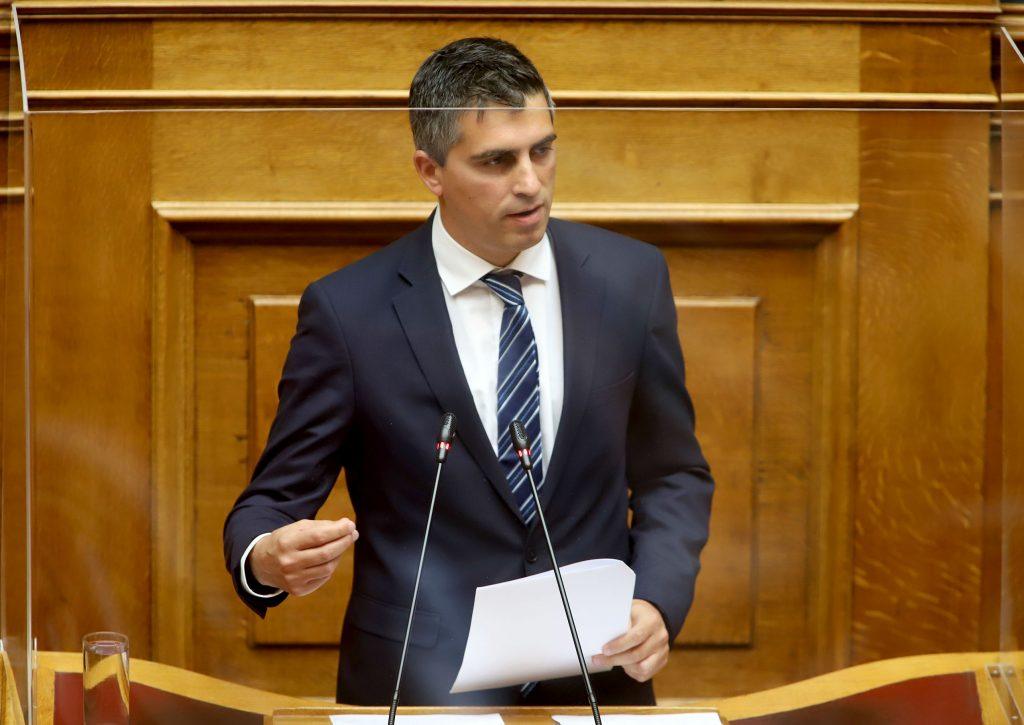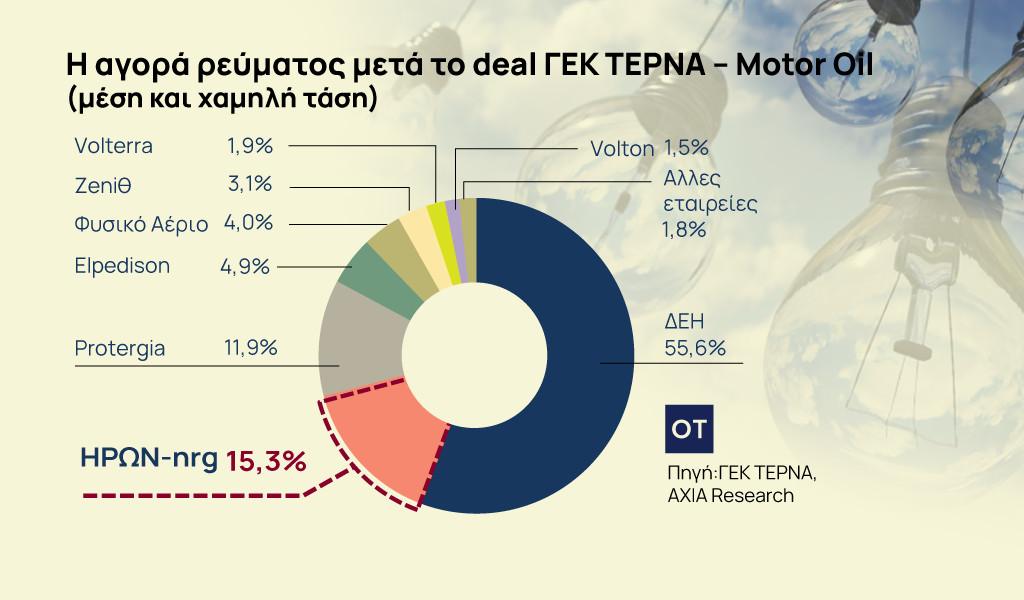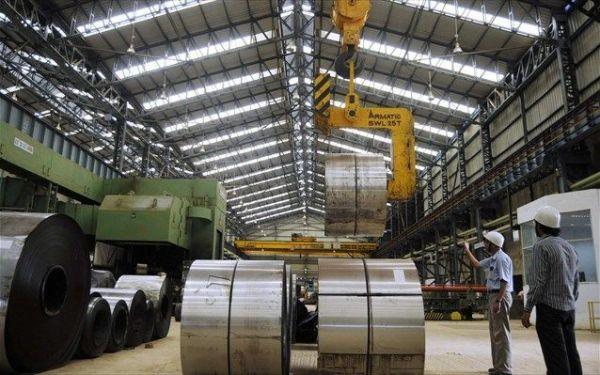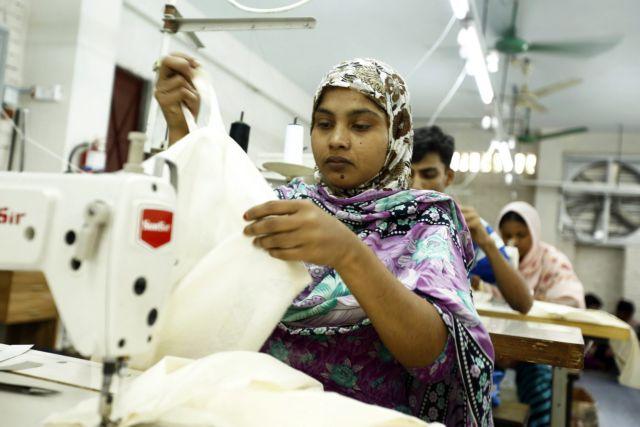The May Day of 1886, thanks to which fundamental labor rights were secured during the 20th century for Greece and for the world, has unfortunately degenerated for several years into a ritualistic “strike”. With hollow announcements and protest marches that concern less and less the current workers and the problems of the 21st century. However, it has not stopped, and this should never happen, to be for all of us a permanent springboard of thought, reflection, inspiration and action to change for the better the conditions that prevail today in the Greek labor market.
In order to say things as they are, things have not been good for the employees in the private sector of our country for many years. The brain drain of the difficult times of the crisis was not only a result of rising unemployment but also of an ailing labor market that does not offer equal opportunities for employment, professional prestige and salary advancement.
In real life, the domestic labor market is to a large extent, with a few shining exceptions, a difficult environment for most of its employees. Especially for four categories: women, young people, working parents and those who want to work legally, to be paid with dignity and to acquire new skills.
Eurostat data comparing Greece with the rest of Europe do not paint a rosy picture.
More than half of economically active women (52%) do not work, while in the EU this figure is close to 1/3 (36%). We have twice as much youth unemployment as the European average. Our country is, according to the competent European organization CEDEFOP, in the last positions of the unified European are (27th out of 30) in terms of utilizing and combining the skills of employees with the needs of the labor market. The “workers of knowledge” who graduate from the Greek universities have difficulty finding a job that matches their qualifications and ambitions. The retraining of workers and the unemployed is of poor quality. It is precisely these poor performances that are sources of social inequalities that are reproduced and widened.
In addition, the minimum wage and average income are low in relation to the cost of living, rents and bills. Taxes and levies erode a significant portion of disposable income, at a higher rate than in other EU and OECD countries. There is no equal pay for equal work between men and women. Not even the same opportunities for professional development. Hours are being abused, overtime is not being paid, sexual harassment in the workplace is still a taboo that is not easily reported but hurts lives and careers. The social network of support for young working parents to take care of our children is not enough.
In short, the list of problems and distortions is long and stems from the state itself, its previous educational, labor and social policies, but also from the very structure of our economy and businesses. The real convergence of the Greek labor market with the European data is still a highly demanded and existential goal of our policy.
Is it all black and pessimistic, then? On the contrary. Because the first step to dealing with a problem is to recognize it and define it correctly. The next step is to look for the resources and solutions that will make up an action plan. The government is aware of the problems and also has the plan, resources and willingness to change the domestic labor market for the better. To be precise, we are already implementing it.
This is the national recovery and resilience plan “Greece 2.0“, to which we have committed 3.5 billion euros to finance 15 major public investments and 12 reforms in favor of employees, the unemployed, students, trainees and businesses.
What have we done so far and what will we do from now on under this plan? Some examples:
We are boosting the disposable income of all employees and especially the low paid. With the reduction of taxes and insurance contributions and the augmentation of the minimum wage by an additional 15th wage per year, we confirm that the growth of the economy only makes sense when it returns to all citizens.
We are transforming the former government employment agency OAED from an “unemployment trap” and an organization of benefits into a modern, digital employment organization that empowers the real unemployed those who are actively looking for work with new skills and rewards.
We are creating a support network for working parents – and especially working mothers – with “neighborhood nannies”, new daycare centers in business, extended school hours and additional parental leave, so that parenthood is not an obstacle to employment. According to the World Bank, Greece now belongs, thanks to these policies, to the 12 countries with legal employment equality between the sexes.
We invest in modern vocational education and its coupling with companies through 200 Vocational High Schools with new curricula and standards across the country, so that Vocational High Schools and Junior Colleges cease to be the lesser child of public education.
We are reforming the system of providing skills and training to employees with new mechanisms for evaluating training providers and the results they bring to job acquisition. We offer 500,000 employees new, certified skills in modern digital and green professions.
We are implementing the digital work card from the summer, first of all the big companies, in order to stop the circumvention of work time and unpaid overtime.
We are implementing special programs to enhance diversity and combat discrimination and abuse of power in the workplace. The new Labor Inspectorate is being built from the ground up as an independent authority now, to perform its complex role more effectively.
The goals of the above and many more relevant initiatives that are part of the “Greece 2.0” project and concern the labor market so as to offer not only more, but, primarily, better jobs. We have achieved this with 200,000 new jobs amid a pandemic and an international energy crisis, reducing unemployment at the fastest pace in Europe.
After all, only economic policy that manages to add new and better jobs to the economy can be considered a progressive, effective and fair policy that emancipates and empowers citizens. And this is what we serve. Happy Labor Day!
* Mr. Akis Skertsos is Minister of State, responsible for coordinating government policies
































![BRICS: Διεκδικούν το κενό που αφήνει ο Τραμπ [γράφημα]](https://www.ot.gr/wp-content/uploads/2025/07/BRICS3-scaled.jpg)







